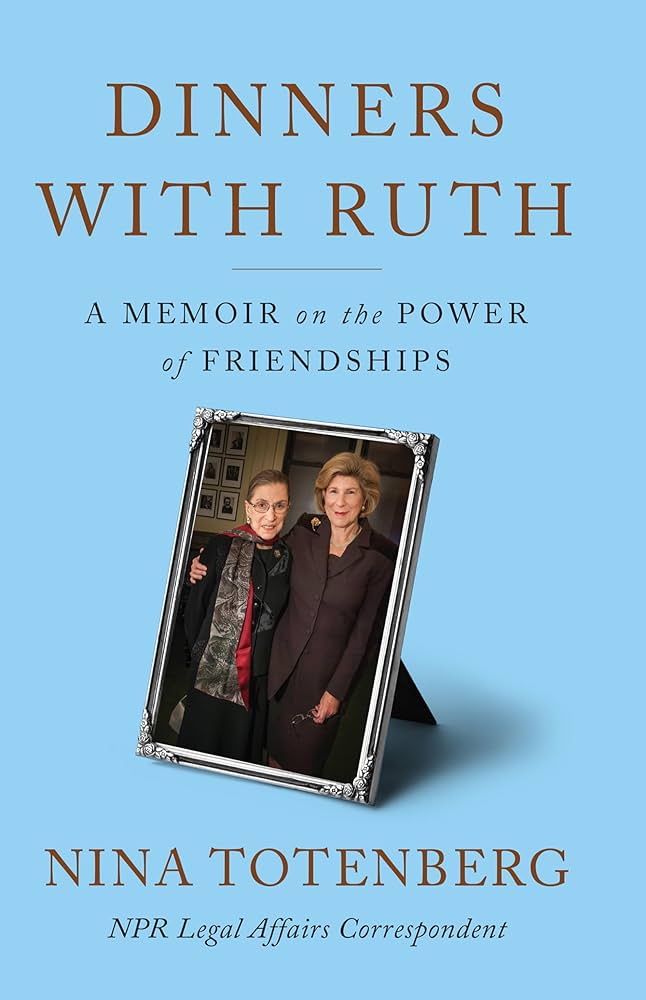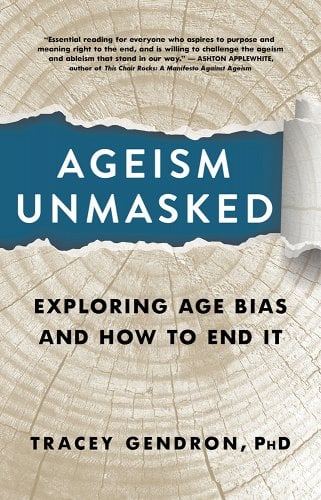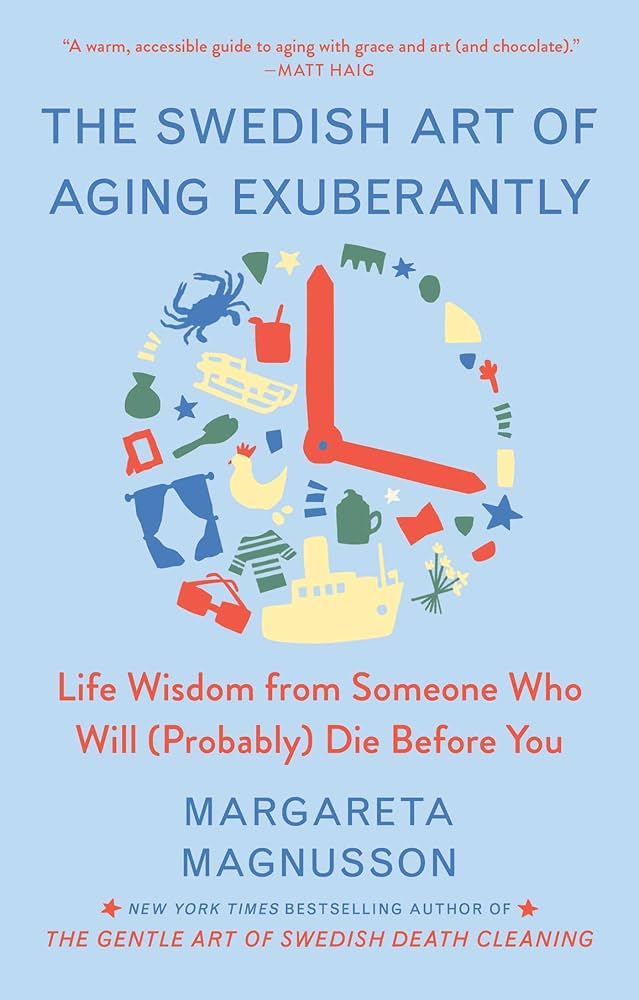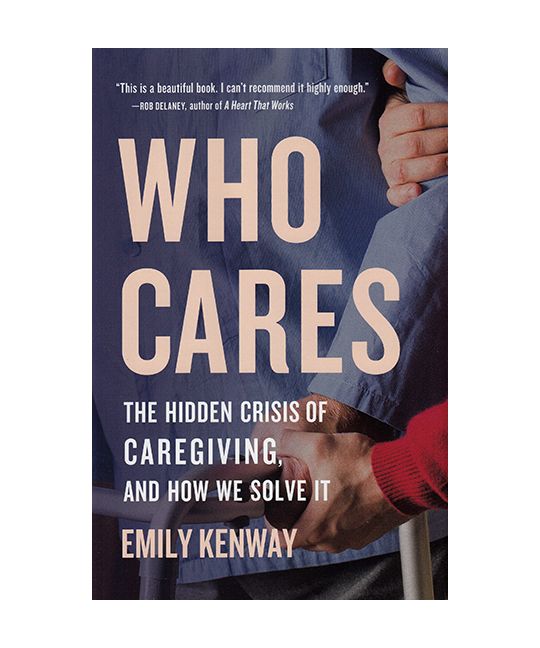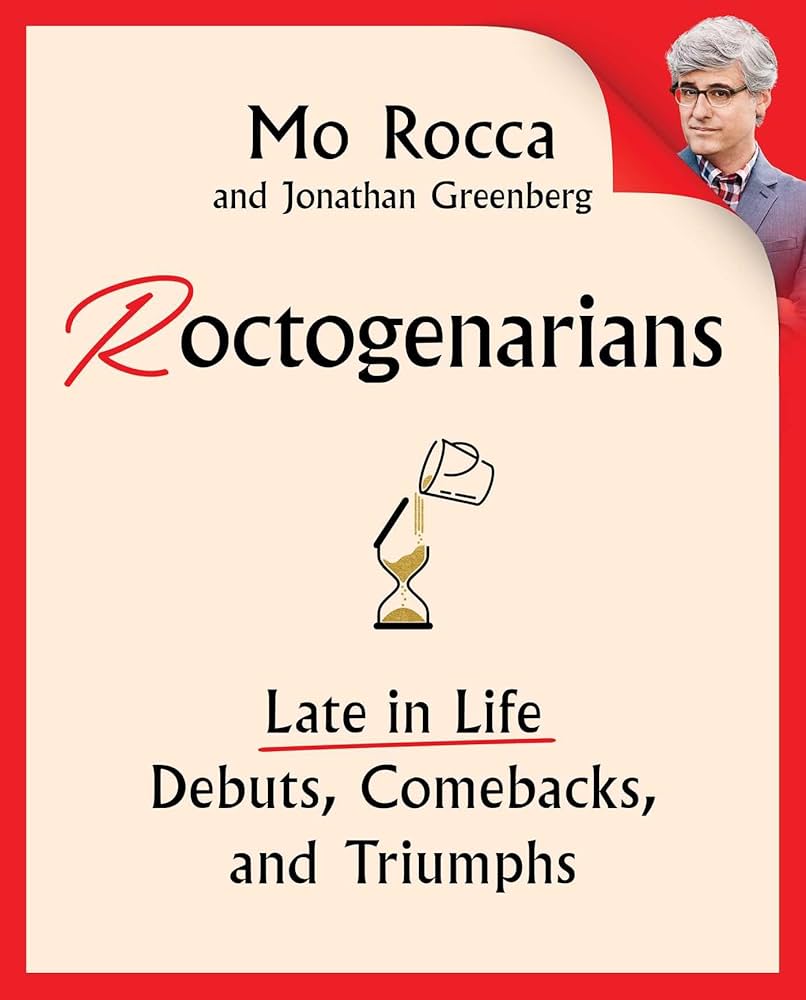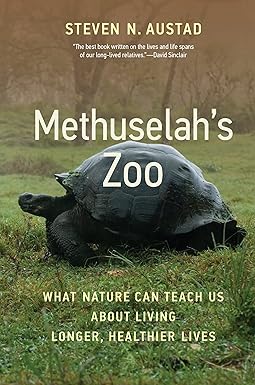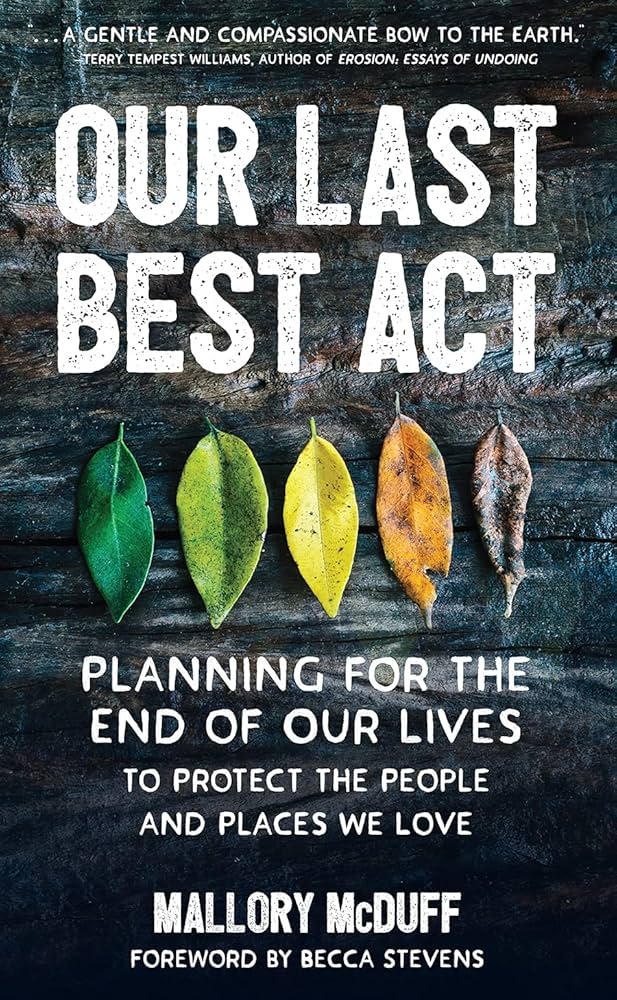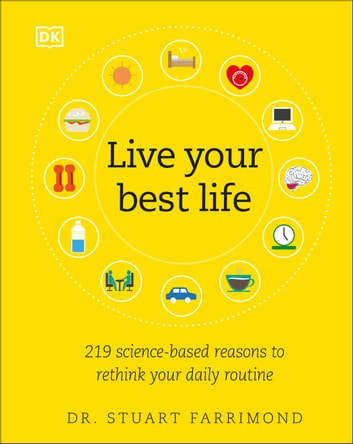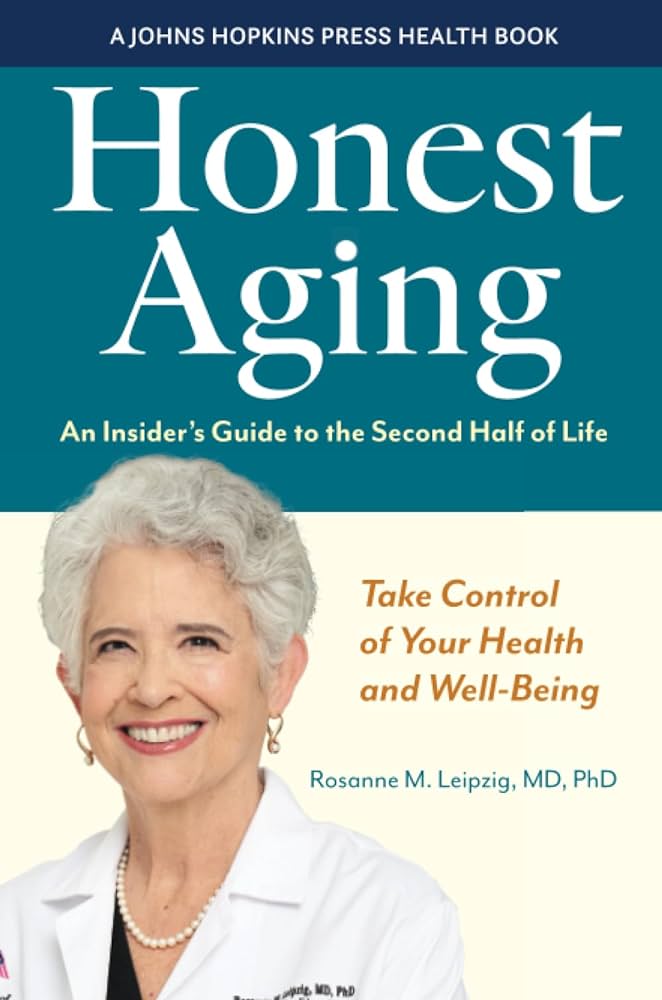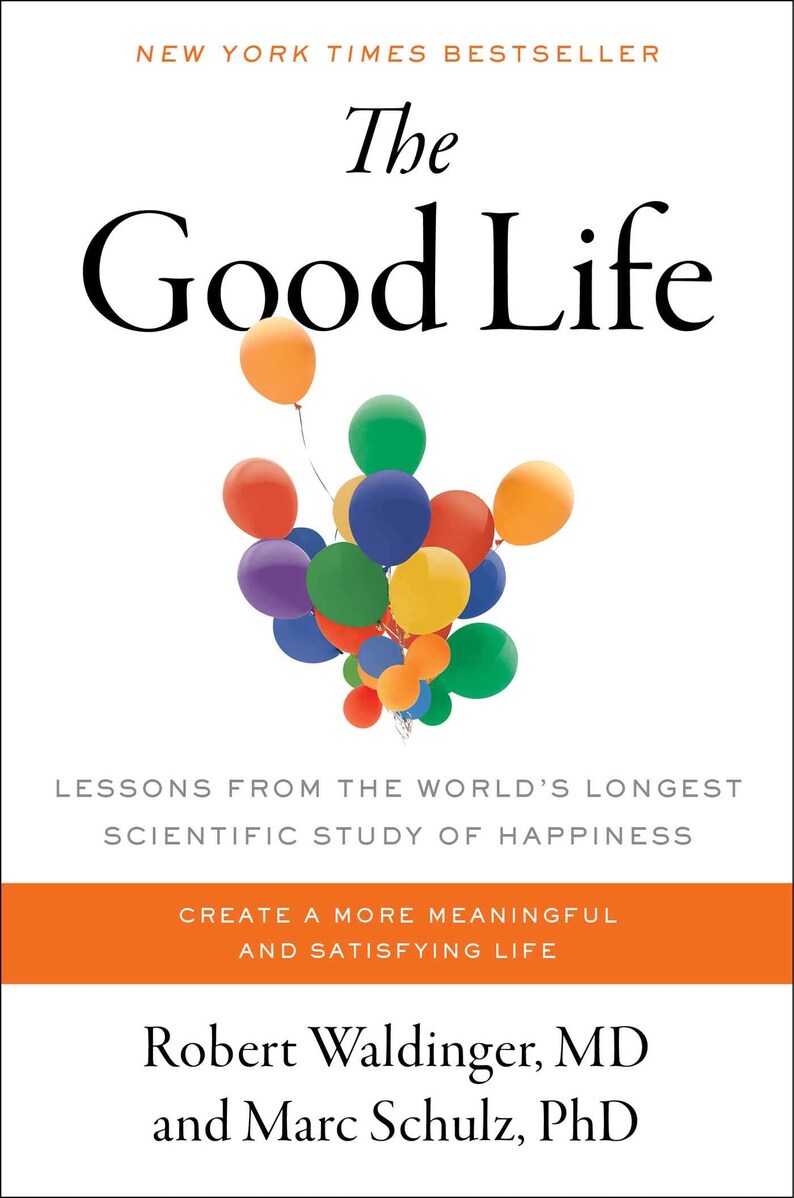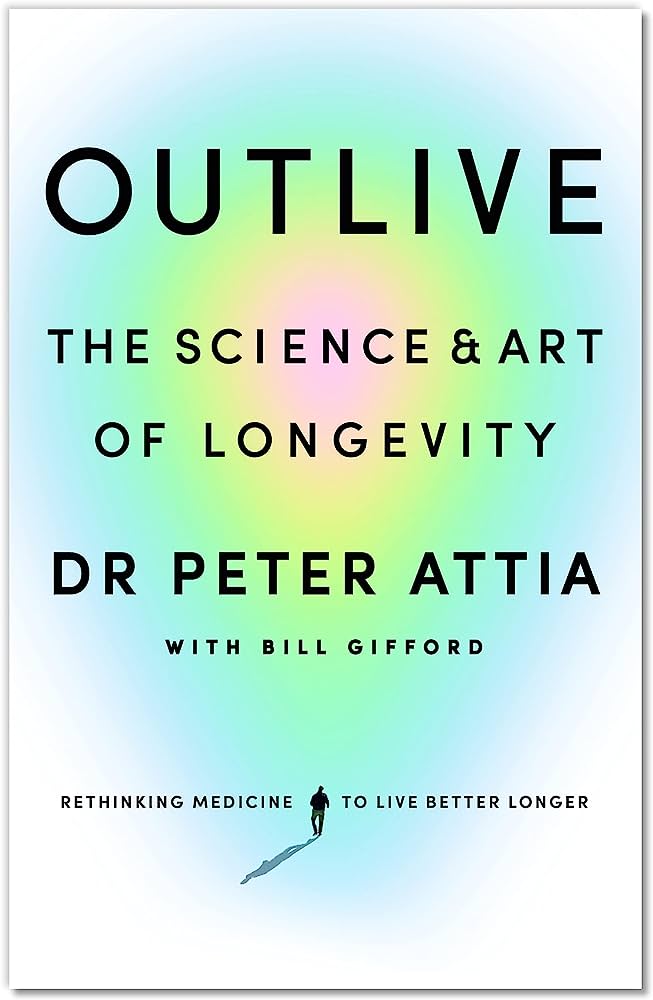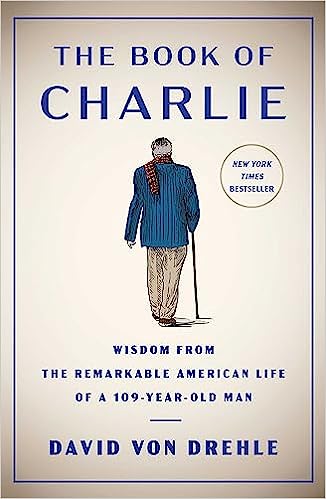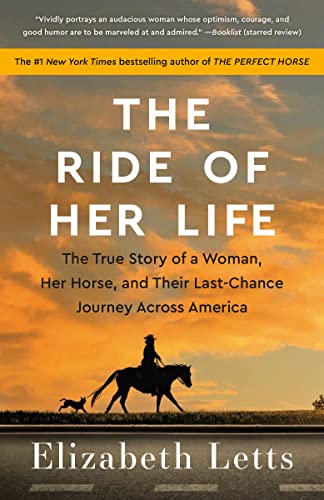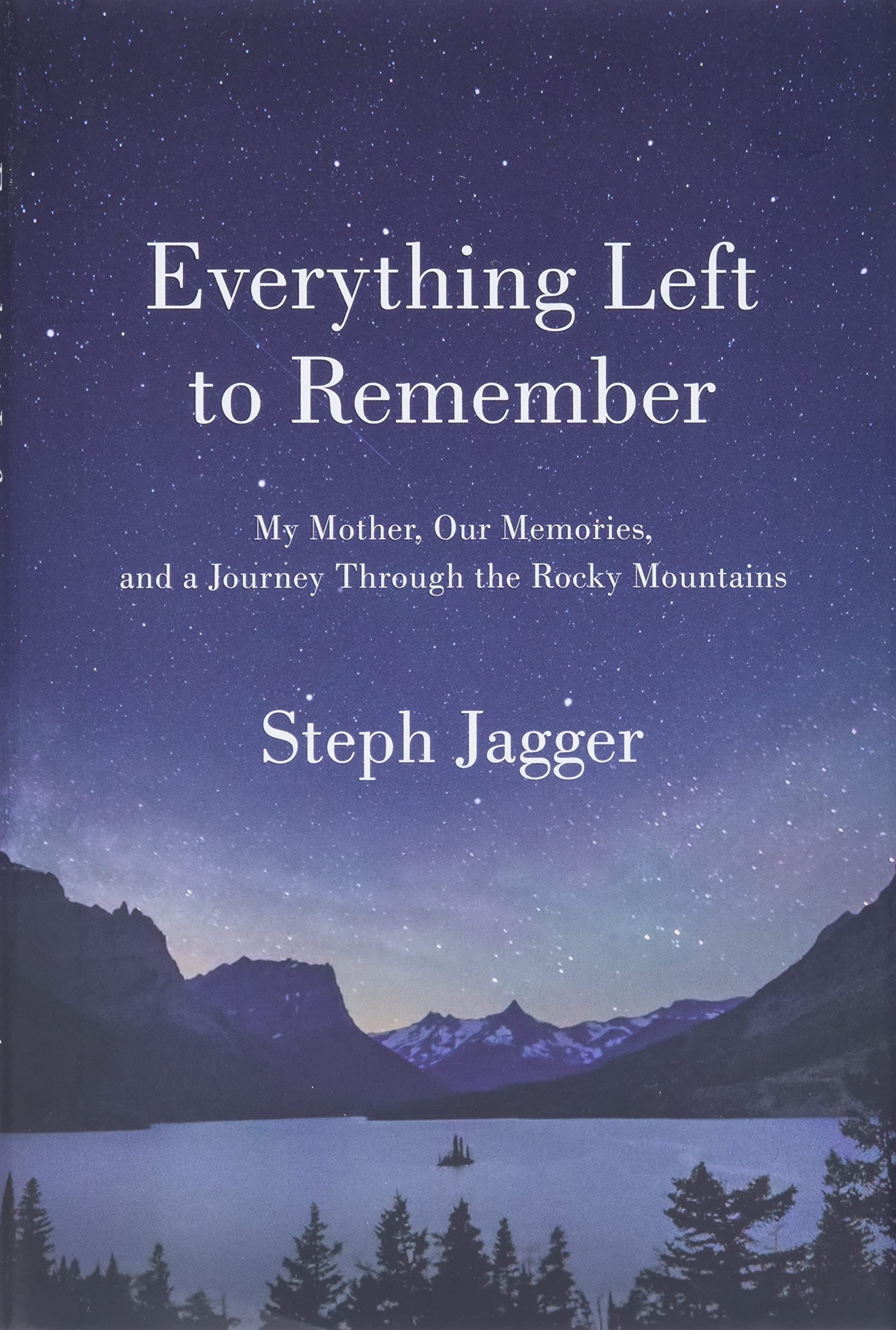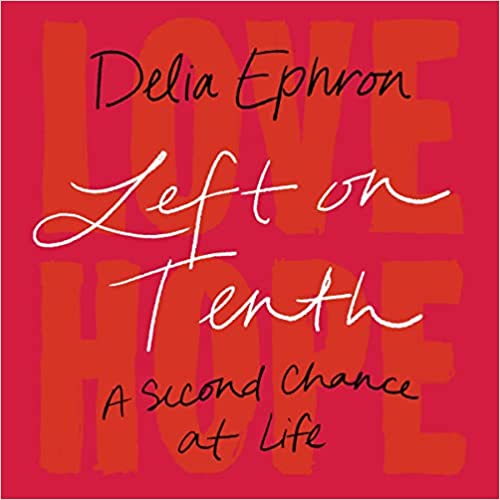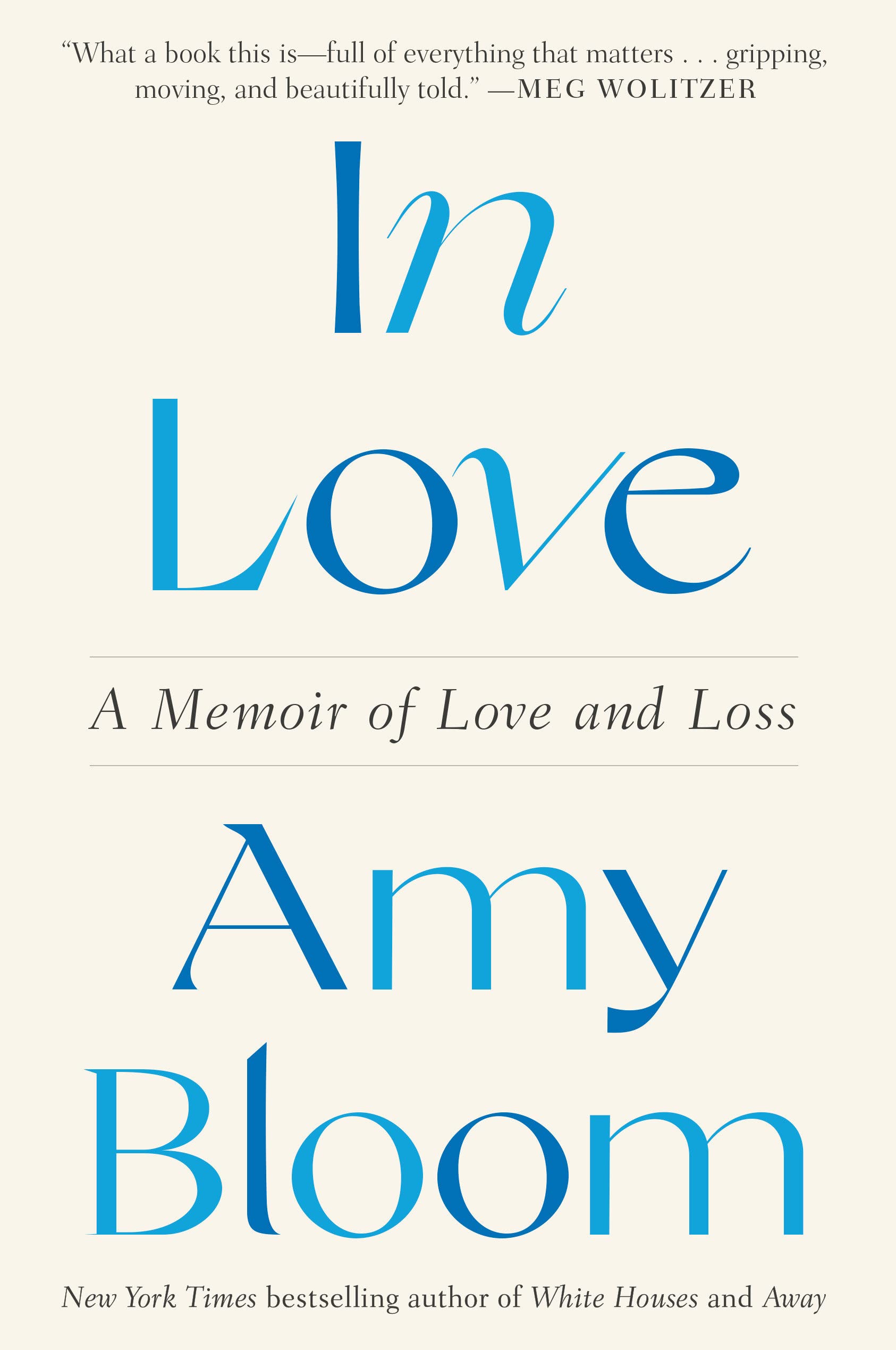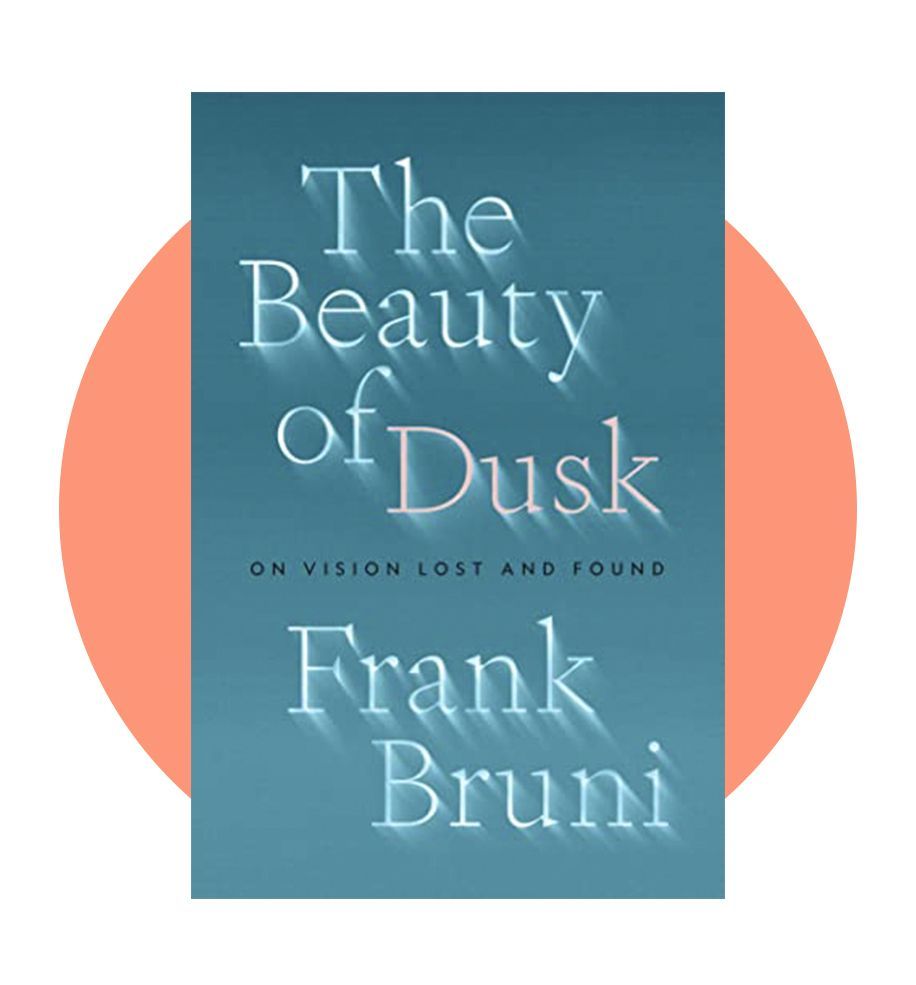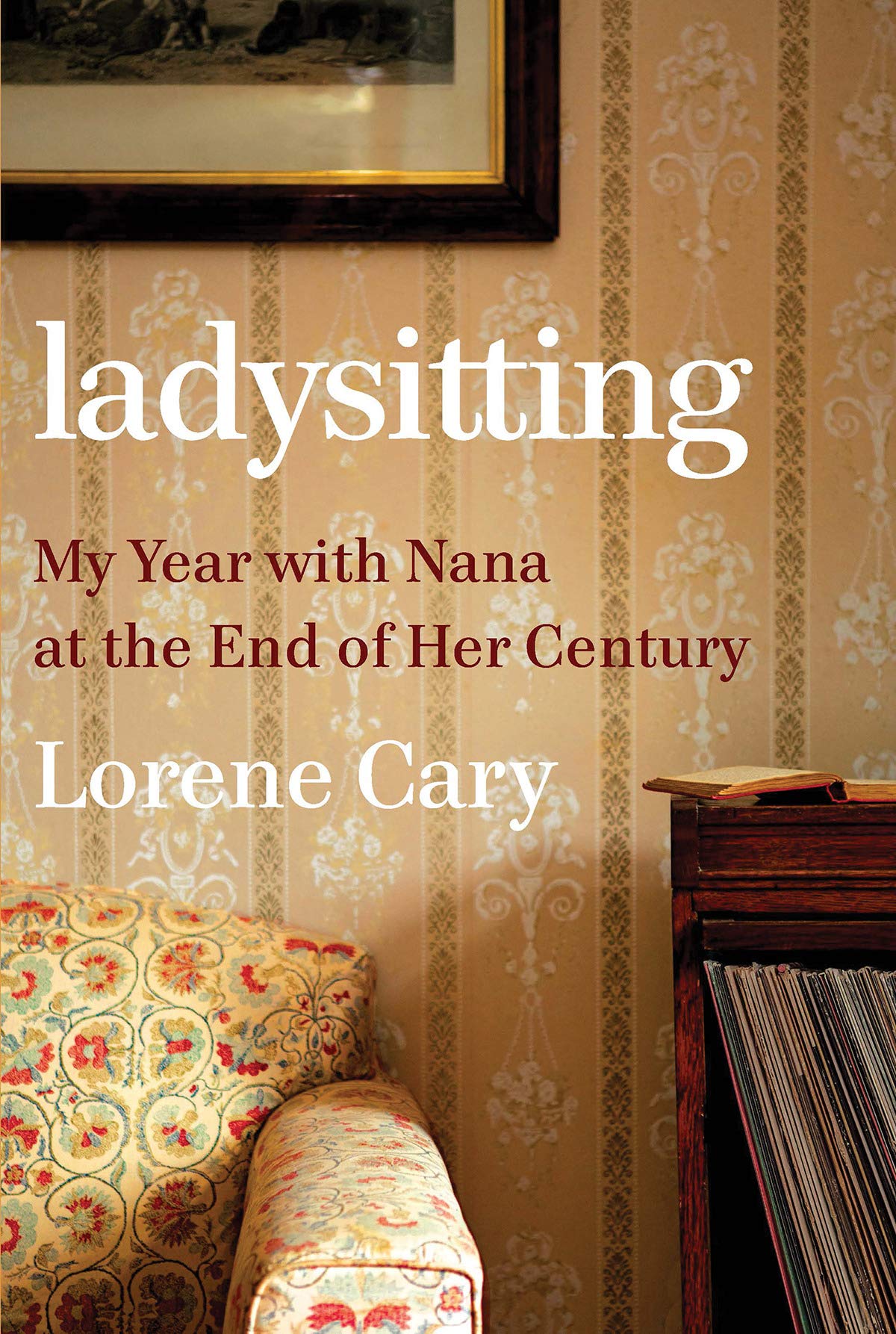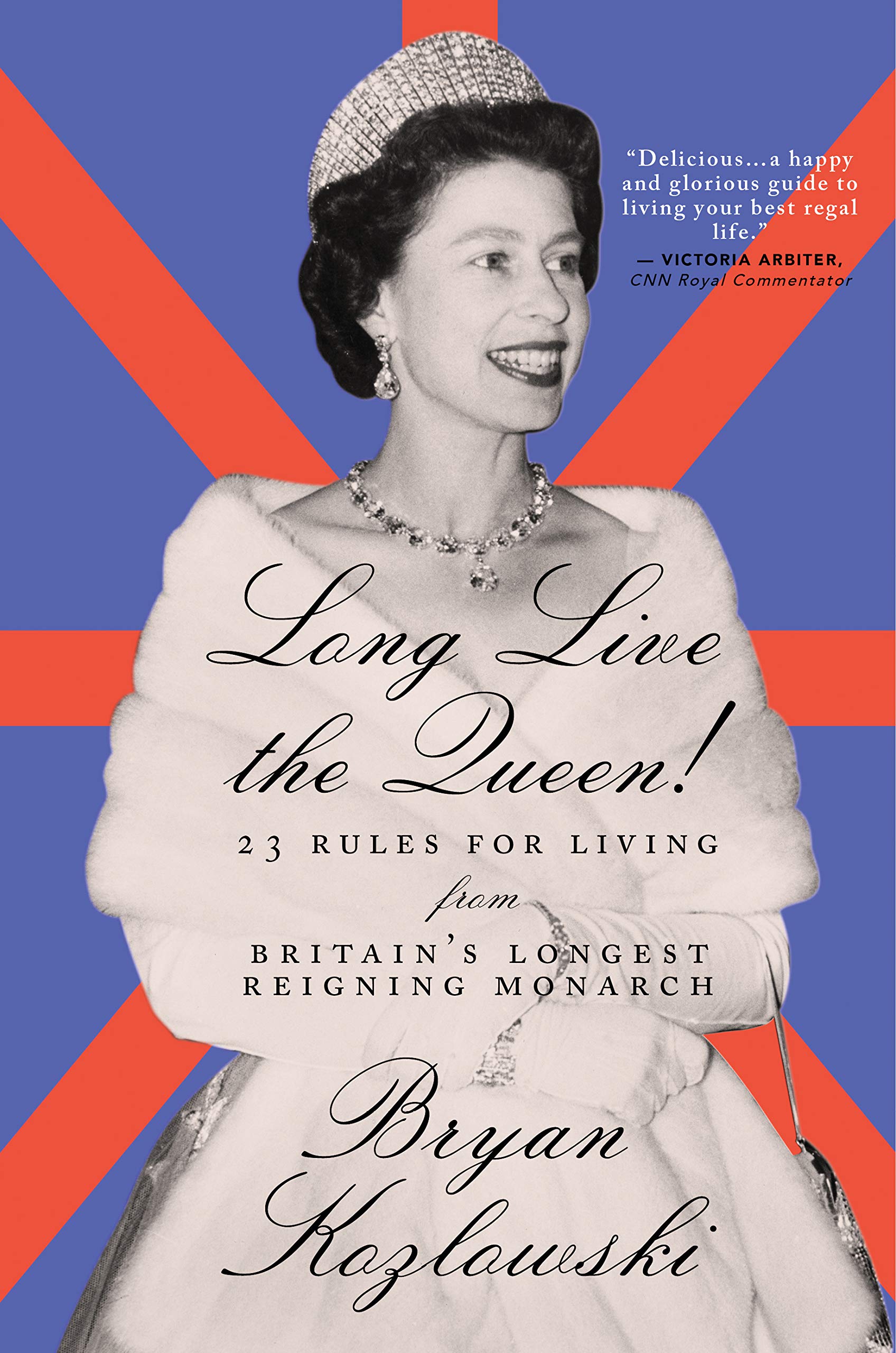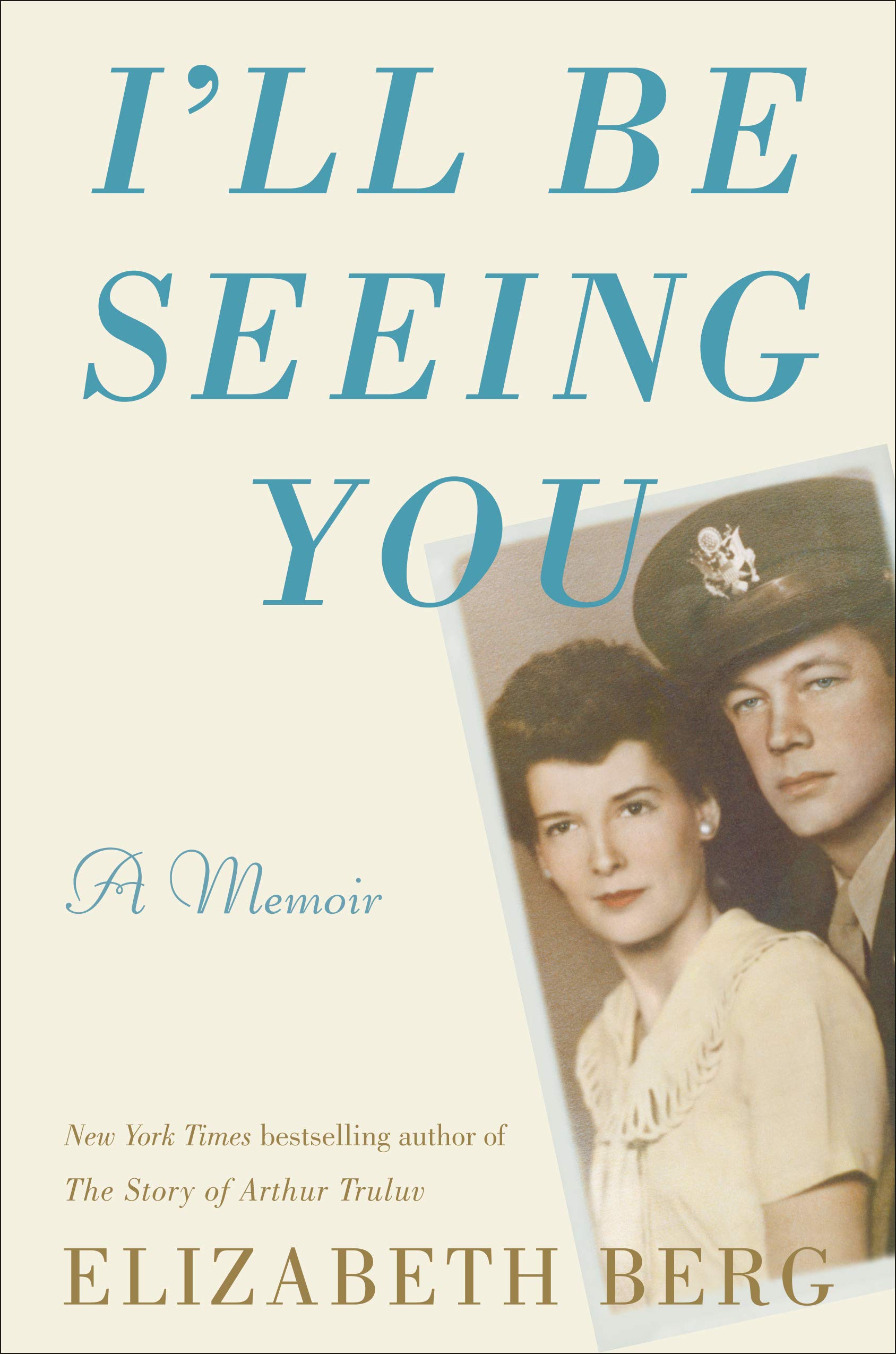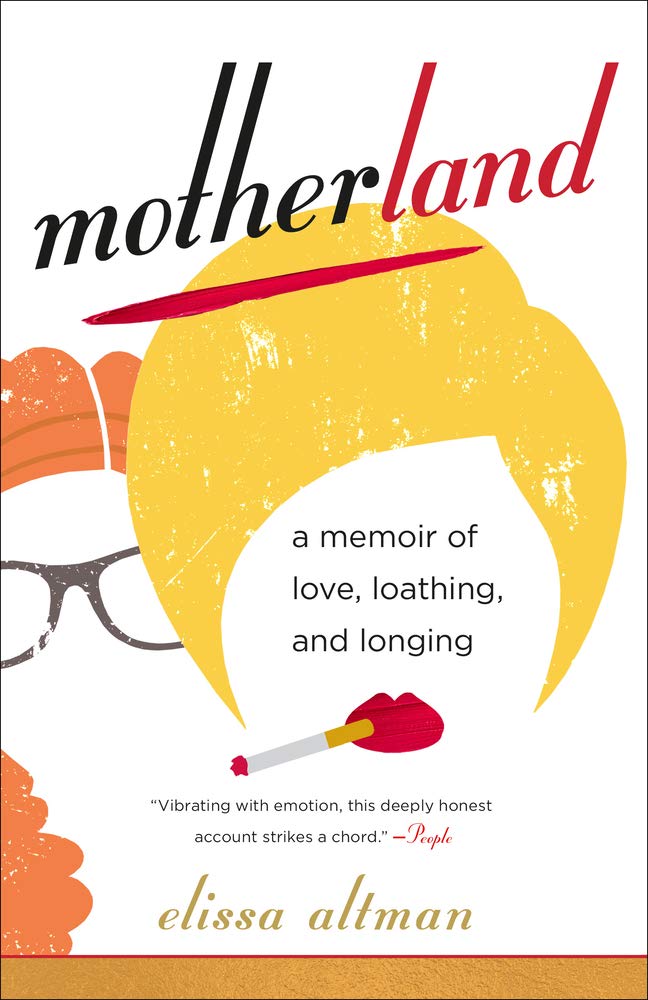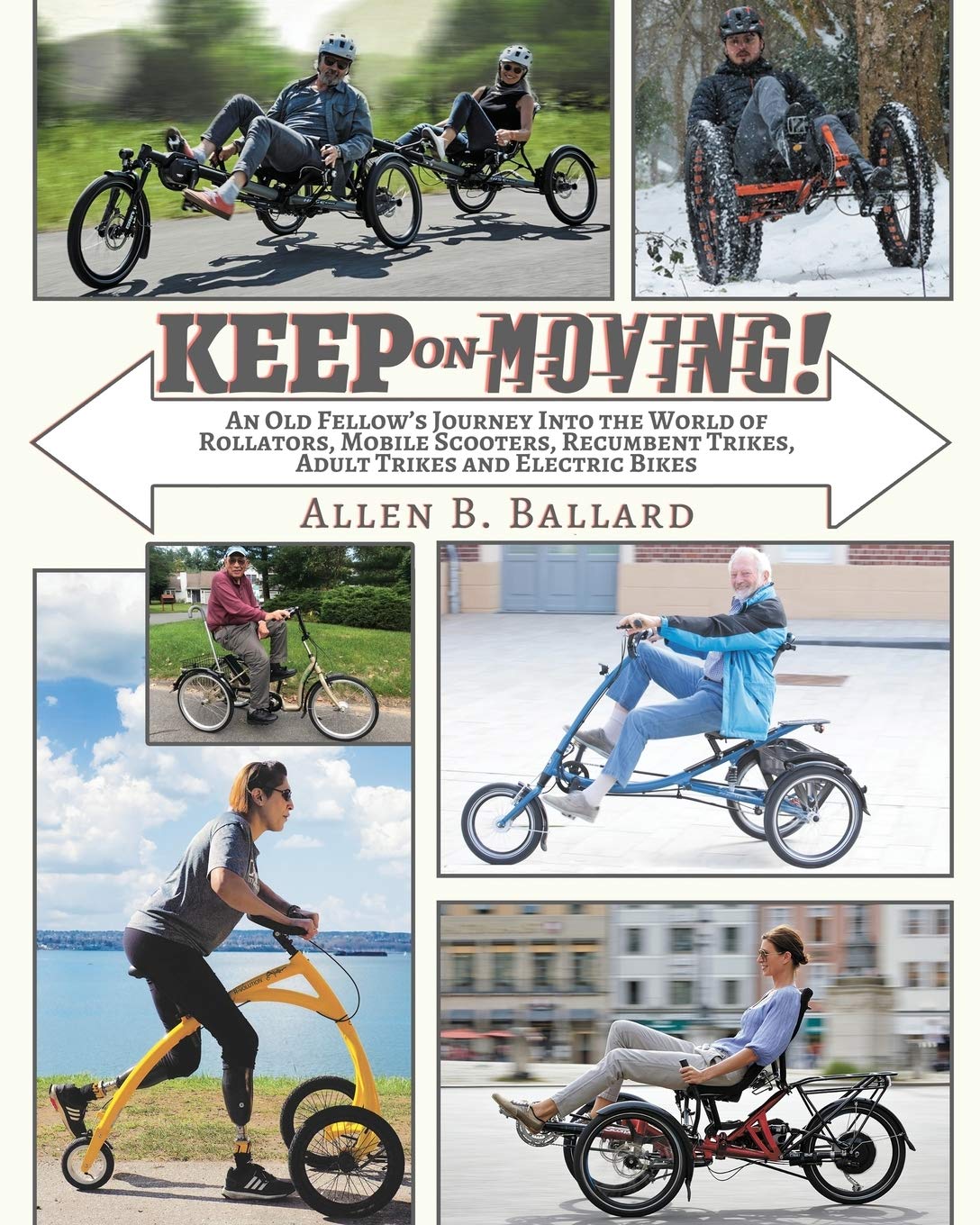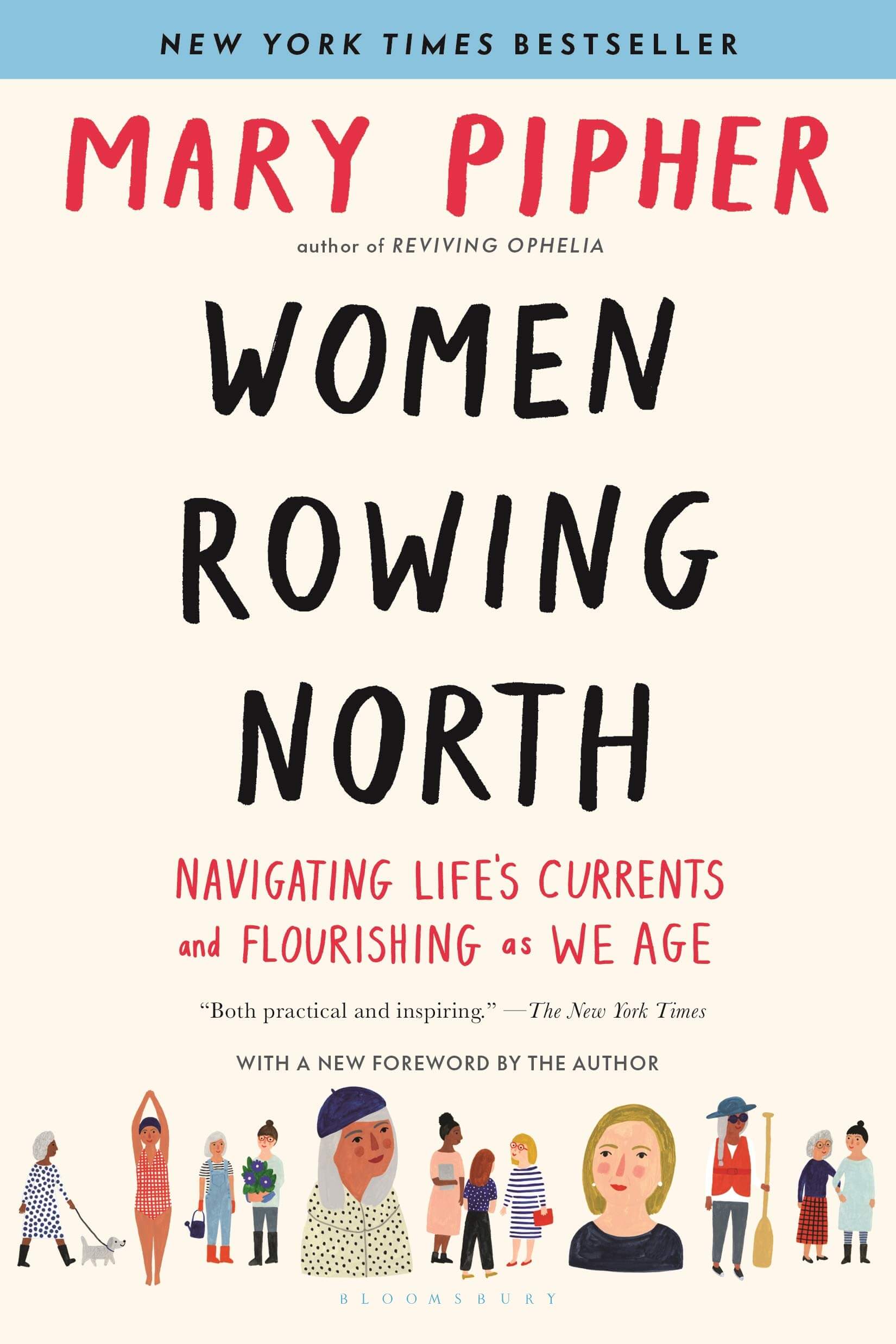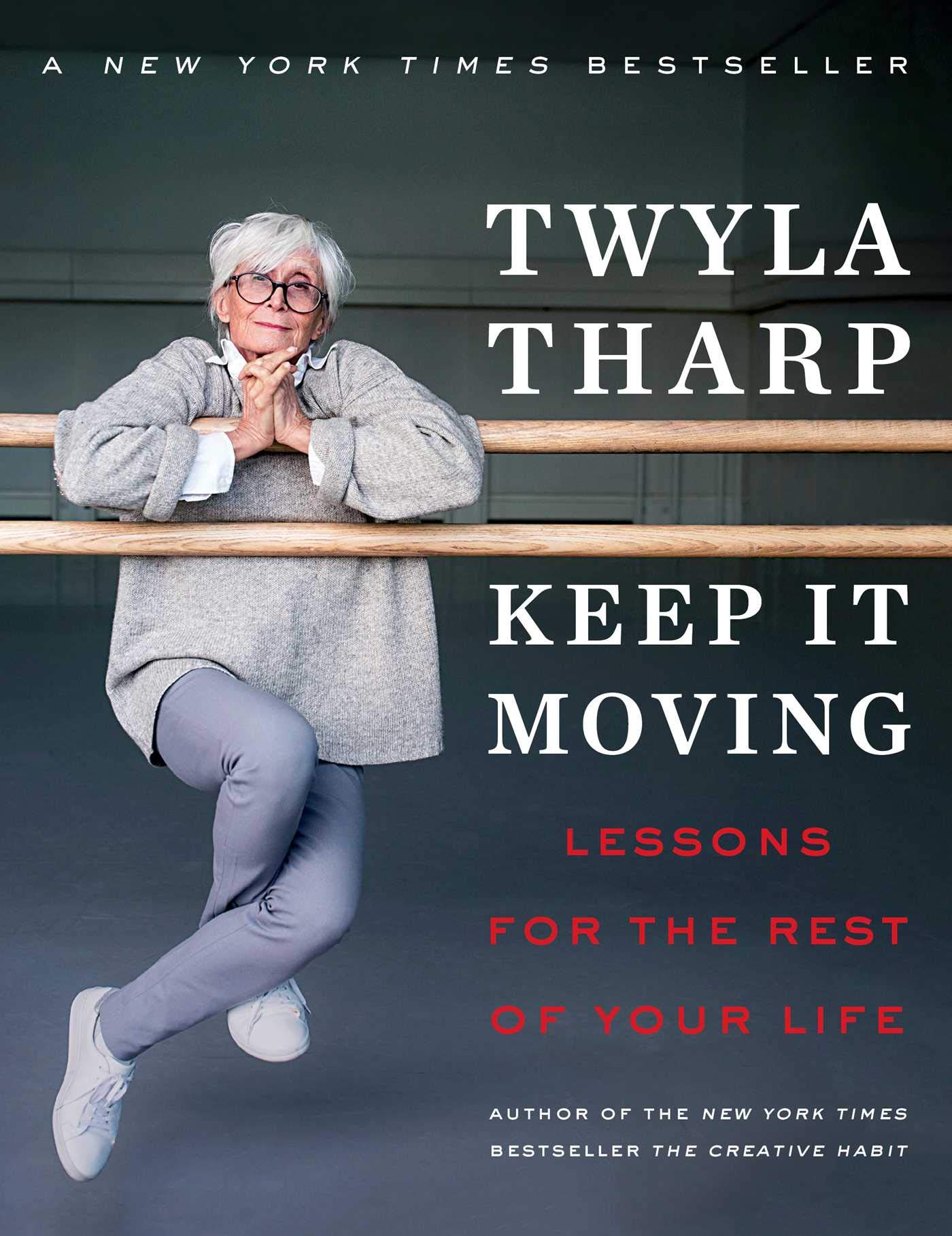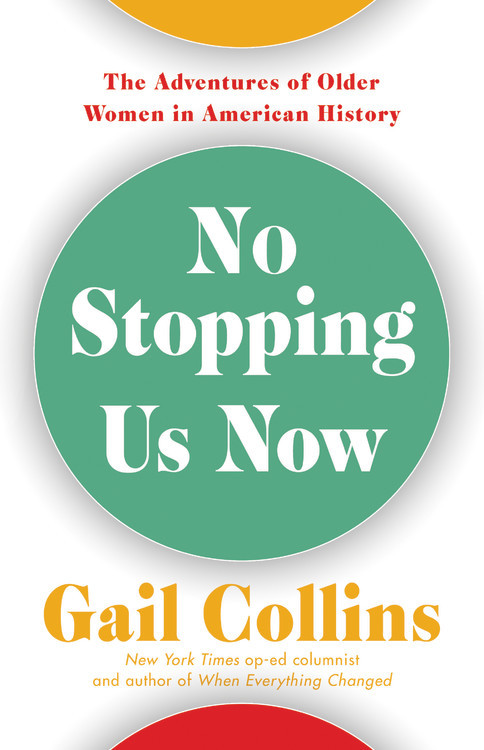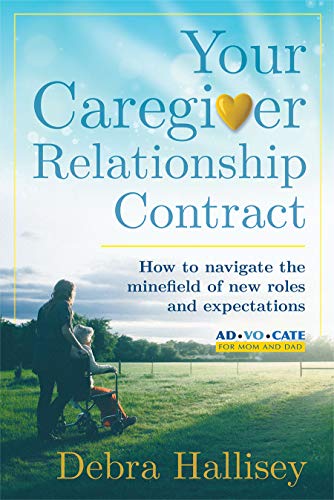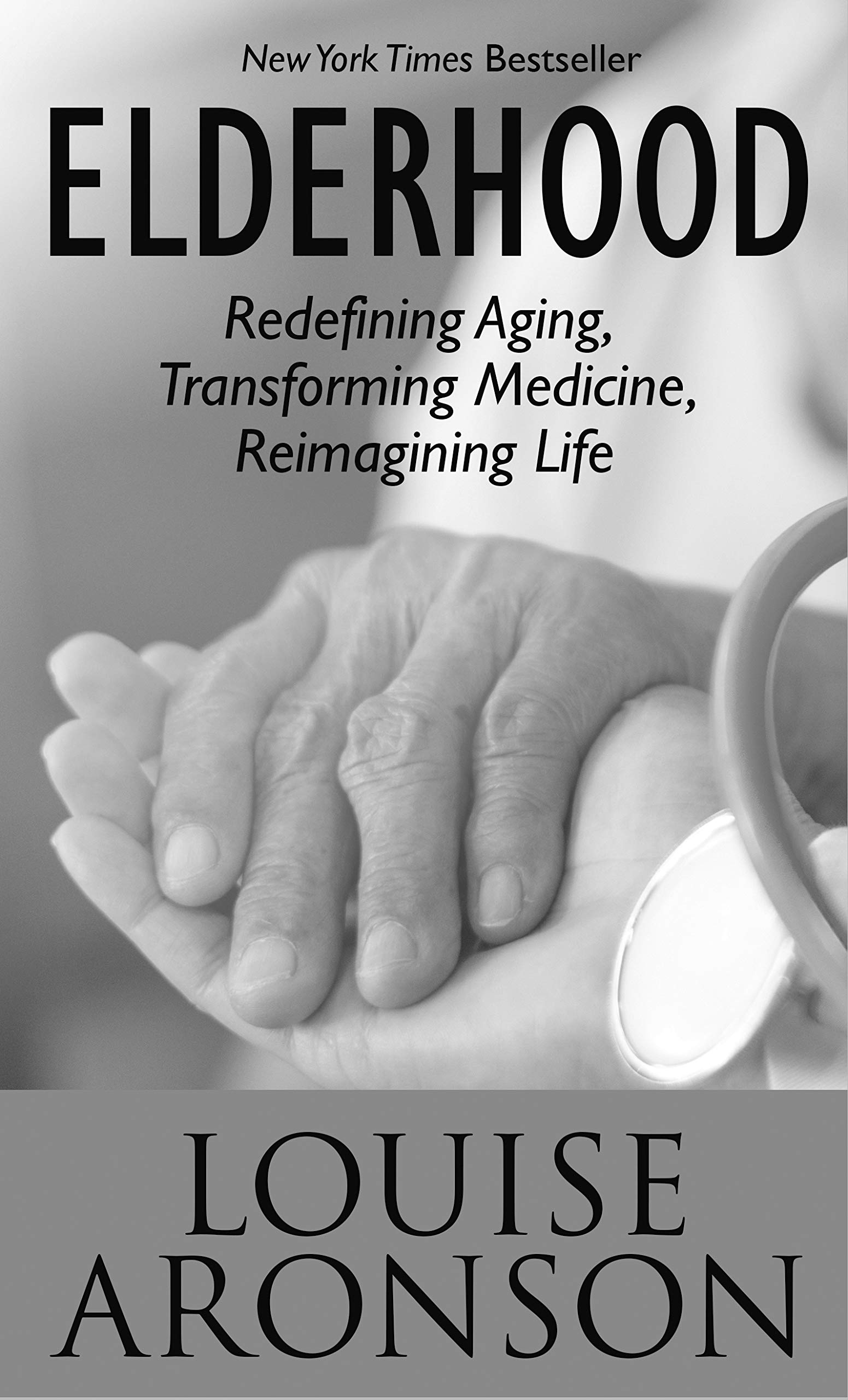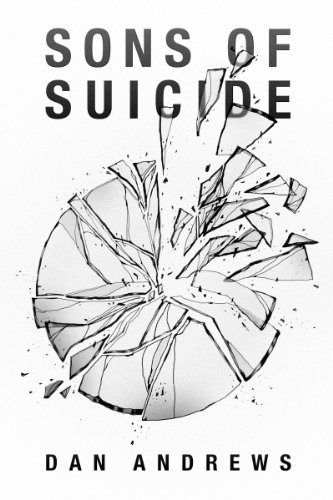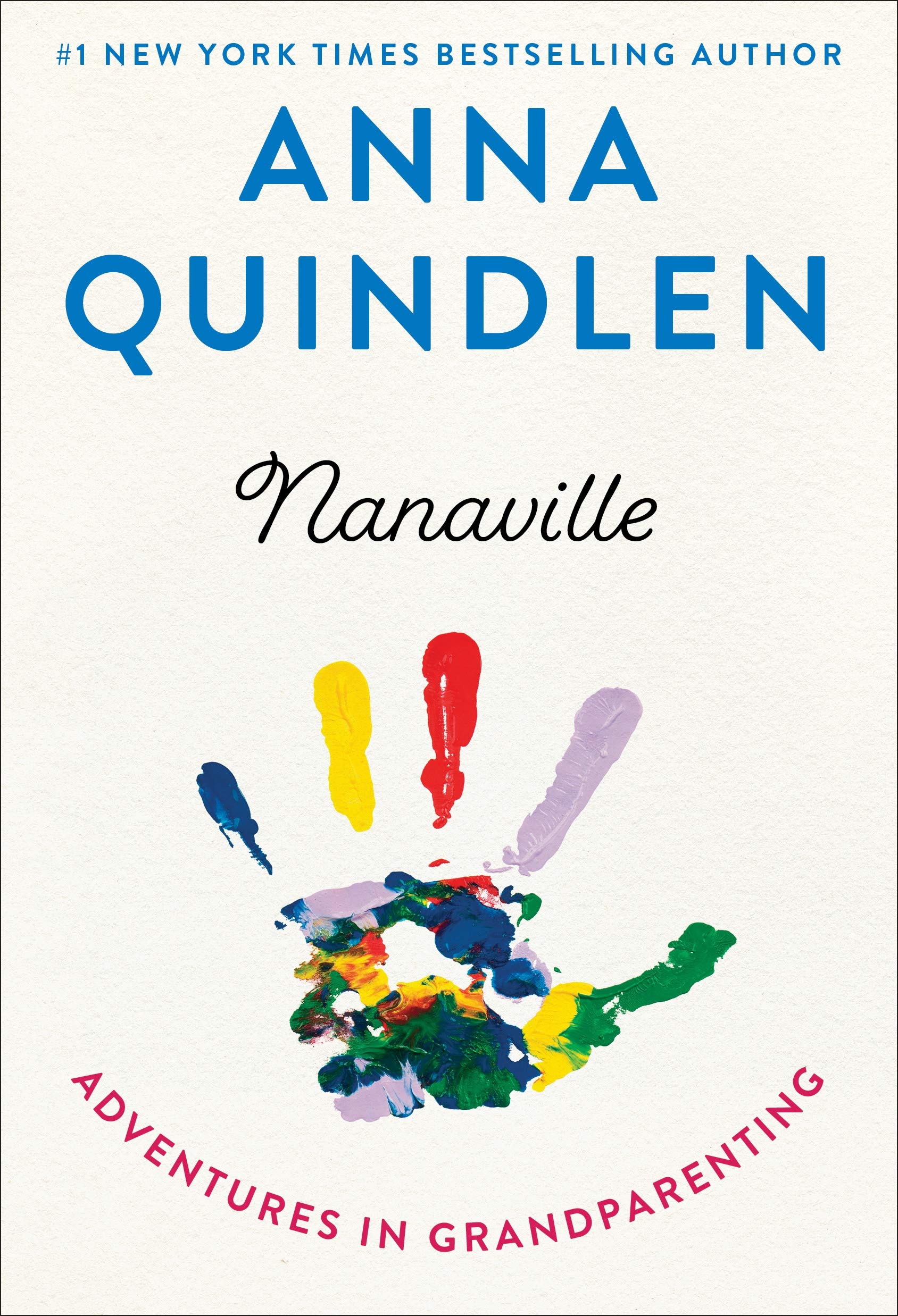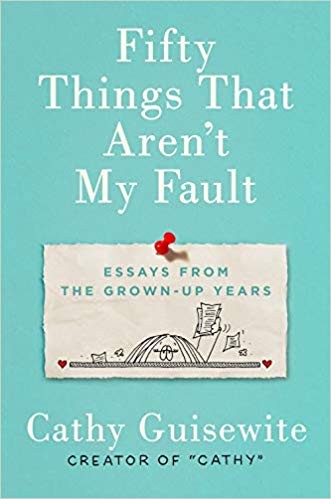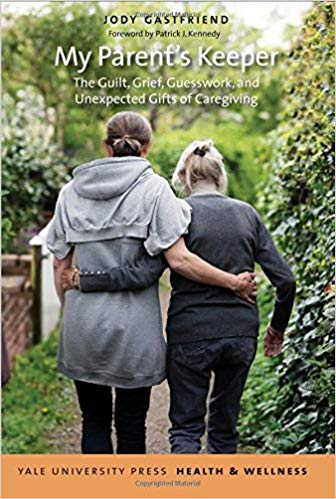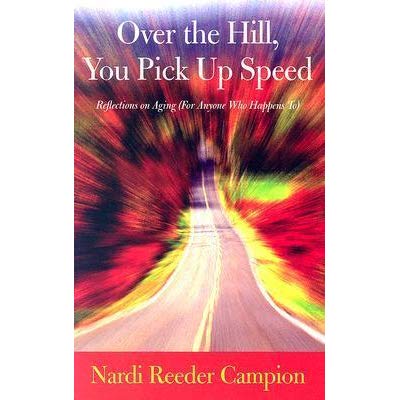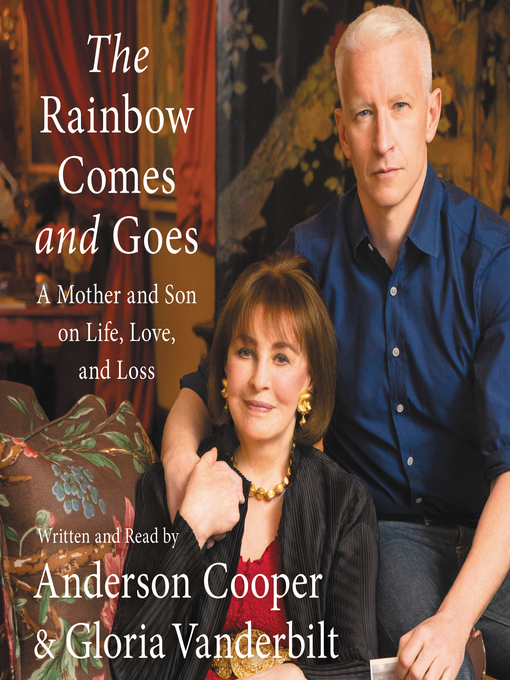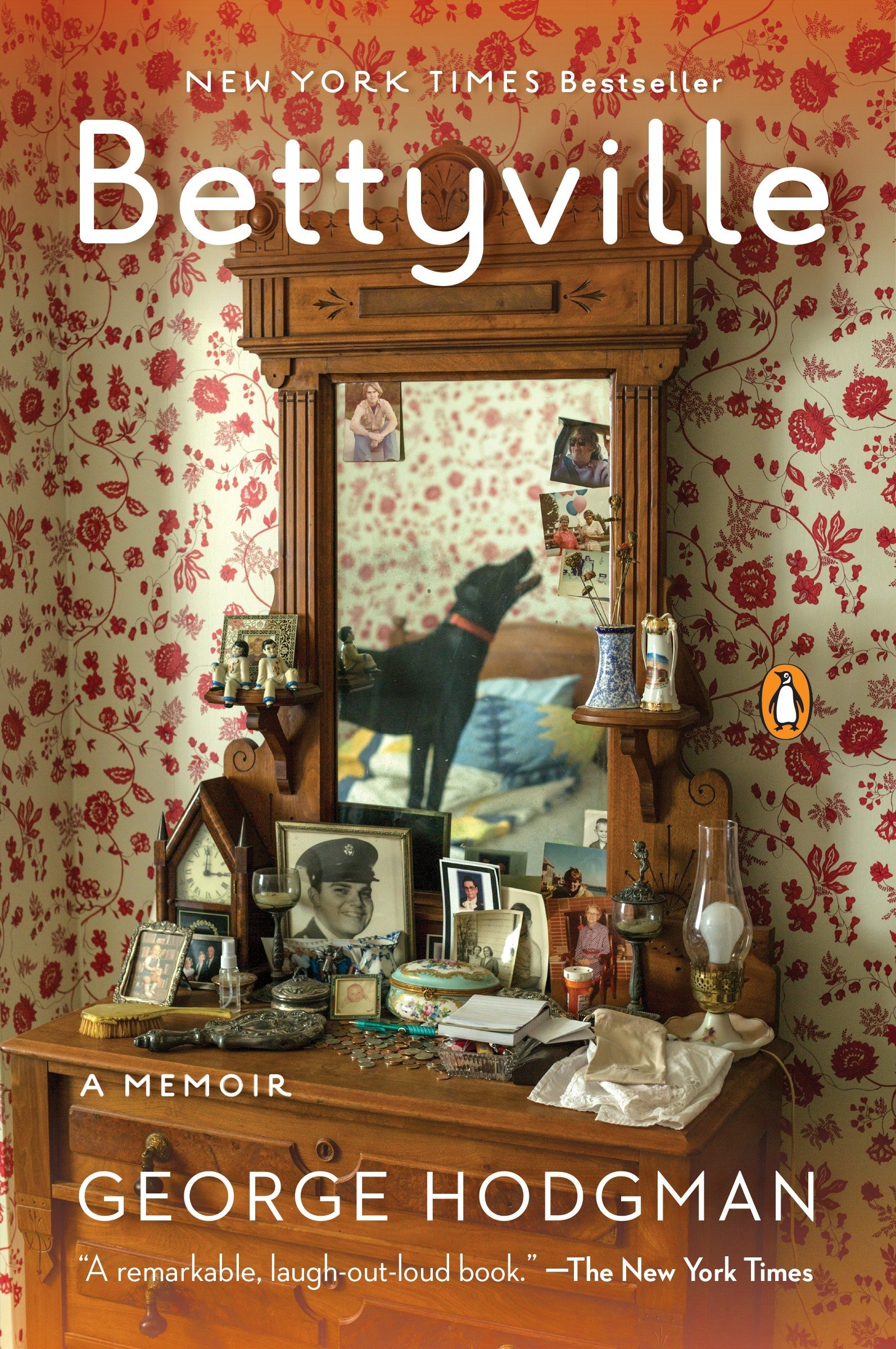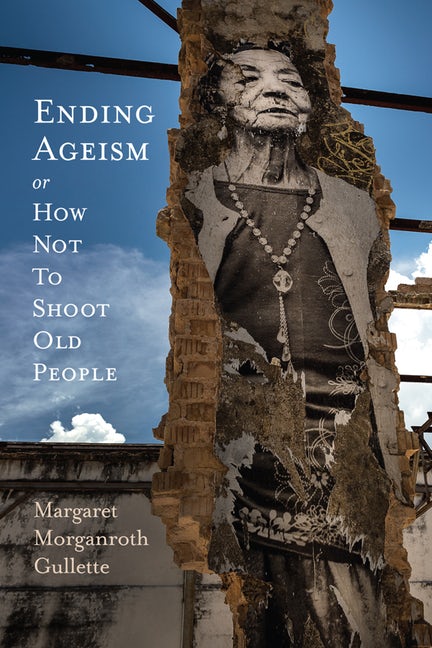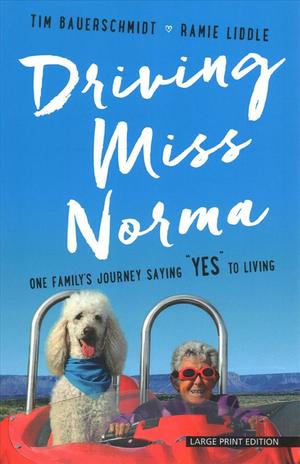
By Tim Bauerschmidt and Ramie Liddle – Harper One, 2017
Tim and his wife, Ramie, lived frugally and invested wisely in order to retire early. Then they left the rat race to live as nomads. They kept in touch with family infrequently; Tim visited his parents once a year and called them from the road. On their visit in 2015, Ramie and Tim arrived at his parents’ Michigan home in their RV to find his father, Leo, in pain, with his organs failing. He died shortly after he went into the hospital.
At the same time Leo was admitted to hospice, Norma, 90, learned she had uterine cancer. Even if she survived surgery, the prospects for recovery were unlikely. Sensing his mother was a poor candidate for a nursing home, and that living alone would be out of the question, Tim and Ramie asked Norma to consider joining them on the road—mobile assisted living, if you will. Norma said yes.
Like so many of us with aging parents, Tim and Ramie had often planned to have “the talk” about end-of-life wishes and what ifs, but it wasn’t something they were ever able to bring up. Now that his mother was going to join them, the couple purchased a more comfortable RV (second sleeping area, wide enough berth for easy mobility, two-and-a-half baths, washer and dryer).
Tim soon realized how little he knew Norma as an individual, away from his father’s shadow; to experience their relationship growing and deepening was heartwarming. What was her role in World War ll? Had his parents actually hoped to go hot-air ballooning one day? Had Norma really never been to the neighboring state? More than that, Norma became an unwitting celebrity when Ramie started a Facebook page of their experiences. Norma’s journey was featured on prime-time news stations around the United States.
Their story takes us 7,000 miles to national parks, campgrounds and quirky roadside tourist spots, sharing them from Norma’s vantage point of delight and awe. Norma is a trailblazer and an inspiration, who said no to possibly life-saving surgery and yes to life. At the end of Norma’s time with us, we’re left with a grateful appreciation for being allowed along for the ride.
